“The Unlikely Pilgrimage of Harold Fry” is a cinematic gem that embraces simplicity, transcendental purpose, and the power of human connection. Directed by BAFTA-winning filmmaker Hettie Macdonald (Howards End) and based on Rachel Joyce’s novel of the same name, this heartwarming dramedy weaves a poignant narrative that couldn’t be more timely.
Timid elderly man, Harold Fry, portrayed brilliantly by Jim Broadbent, leads a quiet life with his wife in the countryside of England. The film opens with an unusual scene: Harold is vacuuming his old carpet. This seemingly mundane (symbolic) moment sets the stage for a story that is anything but ordinary.
The catalyst for the plot arrives in the form of a letter. The letter bears the heart-wrenching news that an old acquaintance, Queenie is in hospice, battling cancer. Harold is struck by the news but his initial response is just a brief, impersonal note. As he heads to the mailbox to send it, he realizes that sending a post is not enough. As a displacement activity, Harold goes and gets milk at a nearby store. The cashier and our protagonist engage in a conversation that changes everyhing. The blue-haired girl tells Harold that when her aunt was gravely sick, she gave her the hope that eventually saved her life.
Harold makes an abrupt decision: he will walk to Queenie’s bedside from Devon to Berwick-upon-Tweed. Not tomorrow or next week, he will start walking right now. Harold does not take the milk home, he is immediately off the road. The writer(s) definitely took the rock hit „I’m Gonna Be (500 Miles)” seriously.
The decision to embark on this journey is not only about being next to his friend; it becomes a pilgrimage of redemption and self-discovery. Through flashbacks, we learn about Harold’s troubled relationship with his son, from joyful memories playing in the backyard to the painful descent into addiction and ultimately, the young man’s death. Harold’s journey becomes not just a physical one but a mental and emotional challenge, forcing him to confront his past and seek forgiveness. He sheds his belongings, including his ID and watch, and leaves his phone behind. It’s a symbolic act of shedding his old self and embracing the present moment, no matter how difficult. His determination wavers from time to time, but no matter what challenge he faces, he keeps on walking.
As Harold walks, he meets people, hears their stories, and rediscovers the simple beauties of life and nature. The film’s narrative brilliance lies in how his pilgrimage starts bringing people together, uniting them in a shared purpose. We see how one spark can lead to a fire.

Source: IMDB
The film’s visual composition is a real feast. With its clear, matte, and elegant colors, it evokes a sense of classic artistry, reminiscent of early modern American painters and the works of Vermeer. Macdonald and her cinematographer (Kate McCullough) create the perfect backdrop for a story that explores the depths of timeless, shared human qualities.
The film’s in medias res opening might initially appear unusual, but it ultimately fits the concept perfectly, much like the romantic, classic score (Ilan Eshkeri) that accompanies the narrative. While the film loses some of its initial power midway through and occasionally leans into idealized archetypes, it never loses its charm, thanks in large part to the exceptional performances of Jim Broadbent and Penelope Wilton. Wilton shines as Harold’s grieving, desperate wife. The wit infused into the story is mostly endearing, although it does offer moments of piercing satire, such as when an American surgeon questions if Harold’s walk is a sponsored event.
“The Unlikely Pilgrimage of Harold Fry” is a cinematic crossover, reminiscent of films like Jean-Marc Vallée’s “Wild,” Andrew Haigh’s “45 Years,” and David Lynch’s “The Straight Story.” It reminds us that every word and action count, and simple acts of love can be life-changing. Harold’s belief in and support for his friend creates prisms of light that shine brightly even in the darkest of hours.
This review is dedicated to my beloved “sub grandmother,” who once smuggled Kinder surprise toys from the factory just to make me smile, and who patiently listened to my every secret and banal story. We all miss you. Your loving-kindness lives on.
The Unlikely Pilgrimage of Harold Fry is available on iTunes and Prime Video (UK).
~ by Dora Endre ~




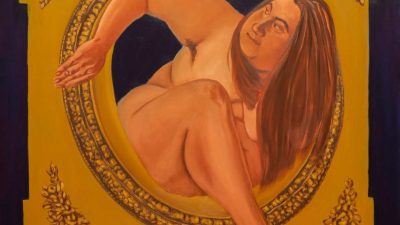
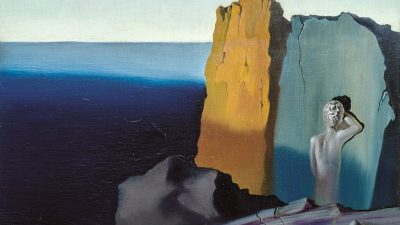



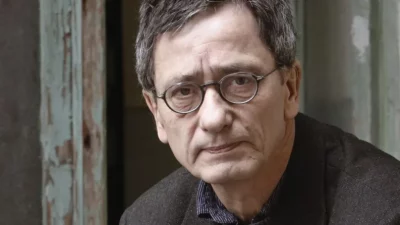




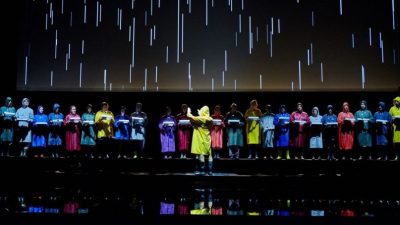





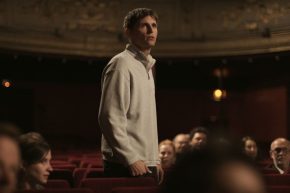


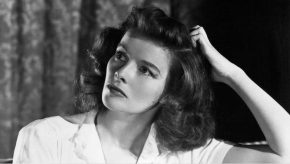
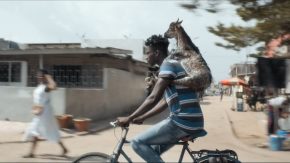
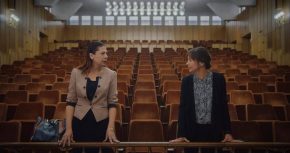
Comments